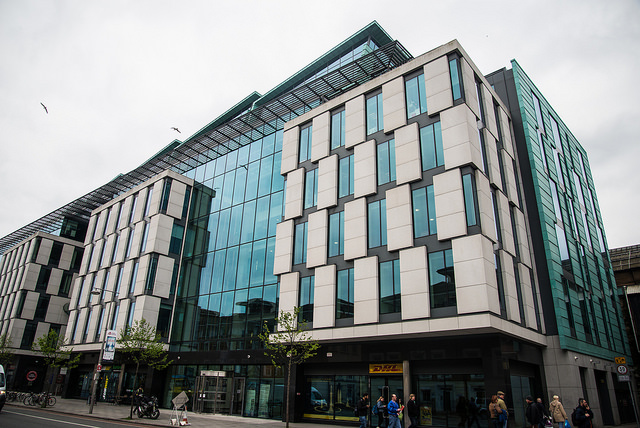Trinity medical students have been warned that cheating in their Ear, Nose and Throat exam today may lead to “significant disciplinary consequences” and possibly prevent them from receiving a grade for the module, after a review of yesterday’s Ophthalmology exam concluded that students had likely cheated on it.
In an email sent to students sitting the exam today, Prof Joe Harbison, the director of undergraduate teaching and learning in the School of Medicine, said that “on review of the papers from yesterdays Ophthalmology exam it is of concern that some students probably completed it whilst accessing their notes or other materials”.
“Multiple choice exams include elements which enable us to identify this and I would remind everyone that we have records of attainment for this exam going back many years and thus can recognise abnormal patterns in results.”
Harbison added that since students had signed an Honour Declaration before taking the exams, they may have to be cancelled and conducted again.
“A few individuals in a class undermining this may serve to undermine the whole exam and require it to be cancelled and conducted again”, he said, adding that it “is also a breach of professionalism which, if we can prove malfeasance, may affect progression to Year 4”.
“Being found to have breached an honour declaration may result in significant disciplinary consequences and may stop your receiving any grade at all and indeed to repeat all components of the Medical and Surgical Exam not just the element in which the rules were disregarded”, he added.
The coronavirus pandemic has caused the School of Medicine multiple problems, as students had to complete a range of clinical as well as written assessments.
In April, this newspaper revealed that final-year medicine students suspected of cheating in online exams could face a follow-up oral assessment to check if their performance stacked up, among several strict regulations to preserve the integrity of the assessments.
Medicine students in their final year sat real-time online exams, with virtual invigilation through Zoom that meant some could be asked to share their screen at any time, according to an internal document obtained by The University Times.
In March, Final-year medicine students in Trinity had crucial clinical assessments – worth 25 per cent of their marks for the year – moved forward five weeks.







